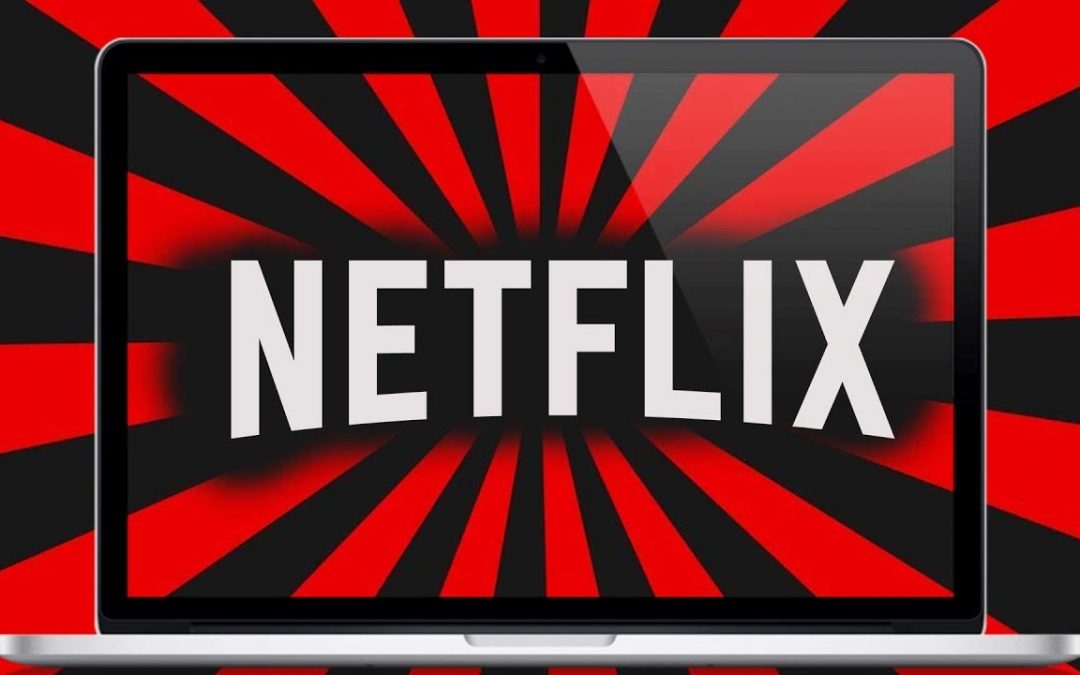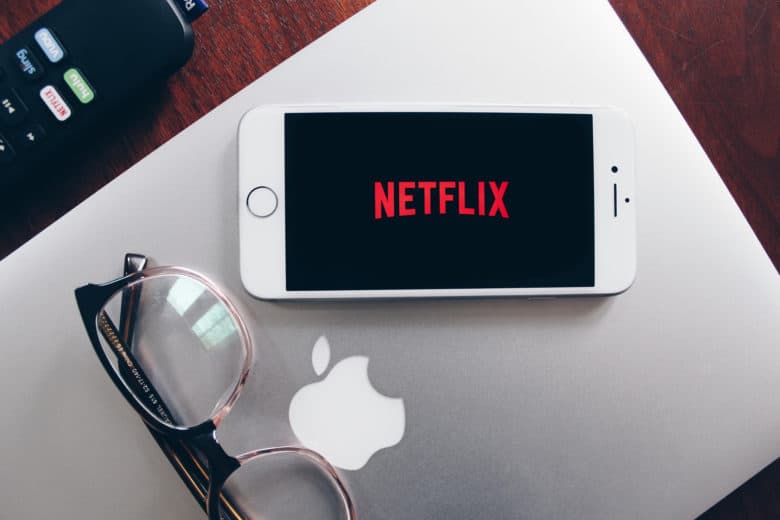
Because of this, there’s little continuous value to be gained from subscribing to the software. Some tools like Gemini (for cleaning duplicate files) were often used once, or periodically. But over time you have to support the app, you still have to serve the support tickets, release updates, support breaking systems and things like that… at some point in time this model becomes unsustainable for developers”Īfter some initial internal tests and feedback, it was obvious to the team that not all of their existing products would work as a standalone subscription. It has a limited value and you charge the customer $50 for example.
#Netflix for mac' software
The company was no stranger to selling Mac software - and doing so successfully - but it was clear that the perpetual license model wasn’t going to be sustainable for them in the long run, as Oleksandr illustrates: The MacPaw team is headquartered in Kiev, Ukraine.Īs with many founding stories, Setapp was built out of an internal need.

#Netflix for mac' for mac
I sat down to chat with Oleksandr to understand why the company moved from selling focused Mac tools to building a “Netflix for Mac apps” - and just how deeply he believes that the Netflix model is the future for many consumer apps. The catch? It puts them in direct competition with Apple… More recently, the team has built a platform that aims to solve the subscription business model dilemma and add value for both consumers and developers. Recognized Mac app developer MacPaw develops apps such as the highly-popular CleanMyMac (for hard drive maintenance) and Gemini (for finding and removing duplicate files).īut those apps aren’t the reason I wanted to chat with Founder and CEO Oleksandr Kosovan. Max Seeleman, Dev Lead on Ulysses Meet MacPaw And so the longer it takes to ship an update, the riskier it becomes financially.” We’re actually losing money during development. So it’s not that we’re getting rich during the development period, and even richer after each update. “In-between such big point-releases, sales will often drop to a non-sustainable level. In fact, Max Seeleman (Dev Lead on Ulysses) seemingly anticipated a reaction by publishing a lengthy explainer post on Medium. Other high-profile apps in previous months have garnered a similar response. The backlash from users probably wasn’t entirely unexpected though - the Ulysses team isn’t the only company facing this dilemma. Development Lead on Ulysses Max Seeleman visualized the unsustainable nature of the “yearly update” model for apps in his Medium post.

With the race-to-the-bottom nature of App Store pricing, it’s increasingly difficult to launch a financially-successful app to the world, let alone build a sustainable business from it. Yet this is the dilemma that many app developers face today when it comes to the monetisation of their product.

To say that the customer base felt burned at the switch was an understatement. The situation (and rating) has actually improved a lot since the company announced their pivot to a subscription model back in August, but at that time, the listing was seeing a carpet-bombing of 1-star reviews.

If you want to see a prime example of angry customers, pay a visit to the iOS App Store and look at the reviews for writing app Ulysses.


 0 kommentar(er)
0 kommentar(er)
